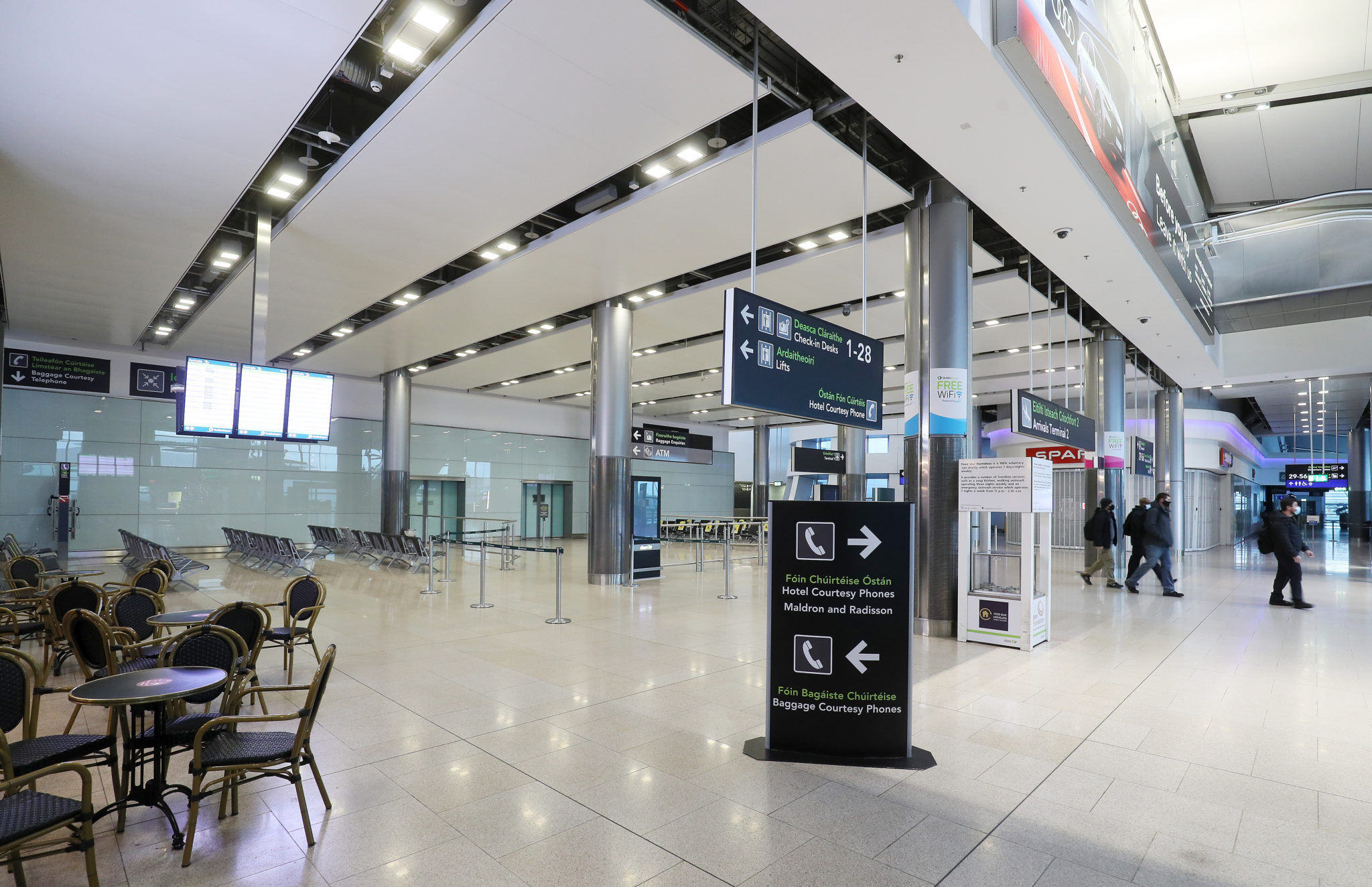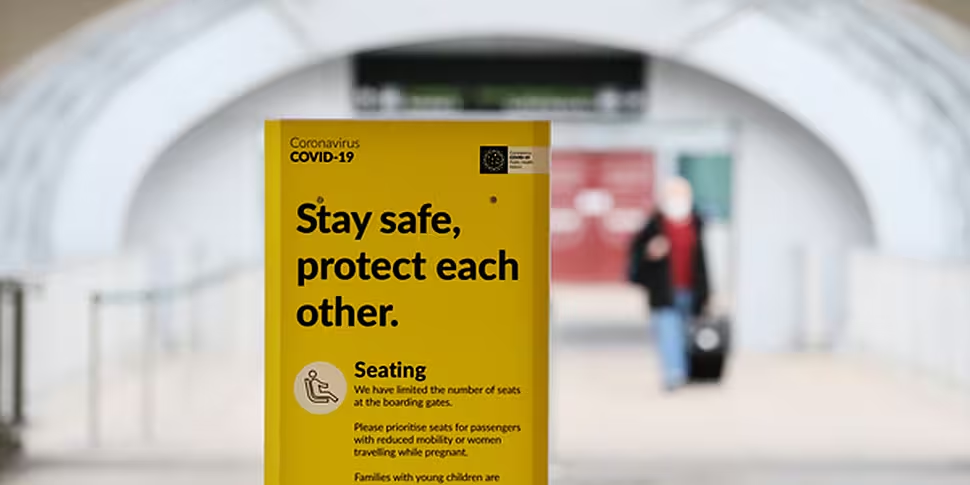Three cases of the Brazilian COVID-19 variant have been found in Ireland for the first time.
The Department of Health says all of the cases are associated with recent travel from Brazil.
This strain has previously been identified in a small number of European countries, including France, Germany and Italy.
The Deputy Chief Medical Officer reminded recent travellers from Brazil they legally have to quarantine at home for 14 days.
Dr Ronan Glynn is also asking them to contact a GP to arrange a COVID-19 test.
Associate Professor at the School of Biochemistry and Immunology at Trinity College Tomás Ryan believes it is very concerning that the variant has been found in Ireland.
In an interview with Newstalk, he said that new evolving variants "may be resistant to vaccines and may escape the immune response of previous infections".
"It's very concerning because this variant seems to have the capacity to evade the immune system so it may be able to infect people who have been vaccinated or who have previously been infected with the SARS-CoV-2 virus," Professor Ryan said.
"We need to have a much better system for preventing new variants like this and like the South African one and the worrying new variants that have evolved in Bristol and in Japan, we need to stop them getting into Ireland.
“While there is currently no microbiological or epidemiological evidence of any change in transmissibility of P1, this is plausible. Further studies are required to determine whether this variant is likely to have an impact on vaccine effectiveness or infection severity.”
— Department of Health (@roinnslainte) February 19, 2021
"One of the consequences of the Christmas reopening and how we did it was we flooded the country with the new British Kent variant, which is now dominant in the Irish population.
"As a result of this, our lockdowns are going to be less effective and it's not clear we can live level three as long as this virus is in the community.
"That's the cost of letting these new variants in."
Transmissibility
Professor Ryan added that it's not yet clear whether the Brazilian variant is more transmissible than the current strain which originated in the UK.
However, it does "have the capacity" to escape the immune response.
"The way we need to think about variants like this is that they are going to evolve a lot in the next six months," he stated.
"We have a world population that is partly vaccinated and partly not vaccinated and also tolerating a very high level of the virus through high case numbers.
"This creates the perfect situation for viruses...to escape the effects of the vaccine, to escape the effects of previous infection-based immunity.
"This is very problematic and we need to get to a long term situation where our vaccines are ahead of new variants.
"Right now if we keep playing things the way we've been playing them, we're always going to be playing catchup."
 An almost empty arrivals hall in Terminal 2 of Dublin Airport on January 16th, 2021. Picture by: Brian Lawless/PA Wire/PA Images
An almost empty arrivals hall in Terminal 2 of Dublin Airport on January 16th, 2021. Picture by: Brian Lawless/PA Wire/PA Images'The variants are on tour'
Professor Ryan advised that we should treat it as "a new pandemic", look back to last year and assess what we wish we had done in March 2020, and apply those lessons to today.
"One thing we need to do which is scientifically clear which all of the population is on board with is we need to quarantine international travel coming into the country," he said.
"That is the only way we can prevent new variants from coming into the population.
He added that "it's not good enough" to only quarantine a few countries.
"The variants are on tour, they're in many different countries, and for many of these places there isn't a direct flight to Ireland anyway.
"So people are changing planes and sitting beside other people on the same flight from intermediary cities so it's really crucial that we have one blanket policy for all places."
It comes as 28 additional deaths related to COVID-19 and 763 new cases of the virus were reported in Ireland yesterday.









